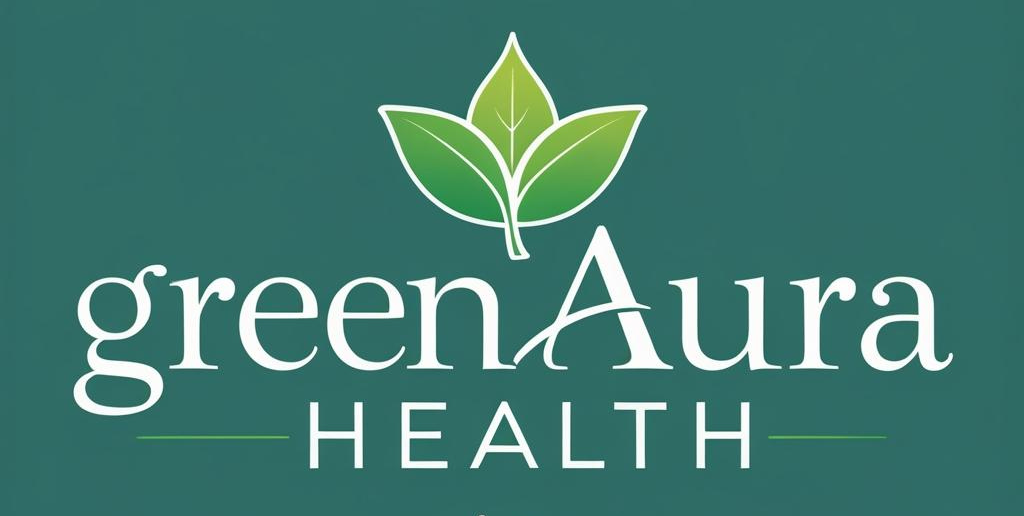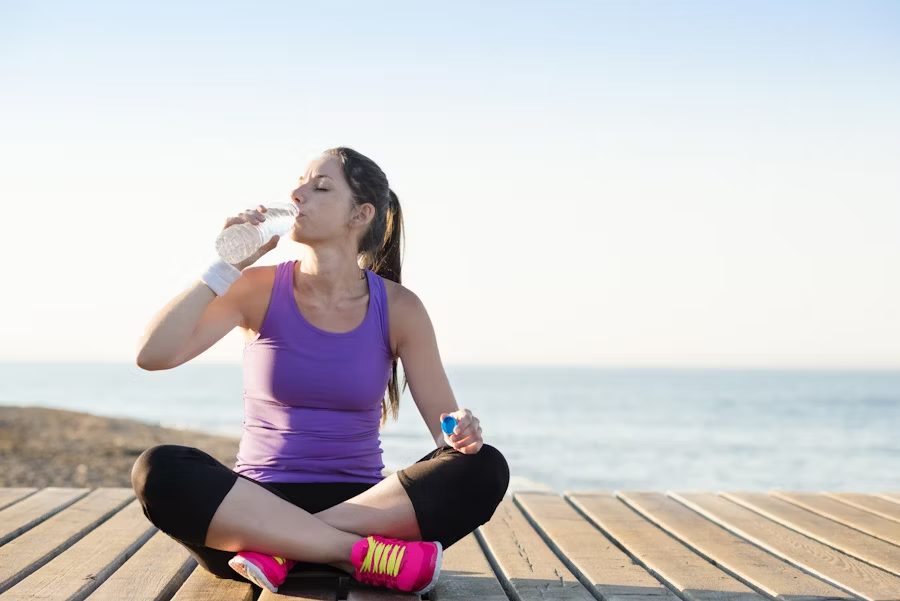If you’ve ever felt overwhelmed by health advice, you’re not alone. Every day, there’s a new headline telling us what to eat, how to move, or what miracle supplement will solve all our problems. But here’s the truth: better health doesn’t have to be so complicated.
Most people don’t need a perfect meal plan, an expensive fitness routine, or fancy gadgets to feel better. Instead, focusing on three simple things — hydration, nutrition, and movement — can make a real, lasting difference. These are the basics that support every part of your well-being, from your energy levels and sleep to your mood and immune system.
In this guide, we’ll break down how to make these three pillars work for your everyday life, with practical tips you can start today. No overwhelm, no guilt — just doable steps you’ll want to stick with.
⸻
Why These Three Matter
Before we jump into the tips, let’s look at why these three matter so much:
• Hydration keeps every cell and organ working. Even mild dehydration can make you feel sluggish and foggy.
• Nutrition fuels your body with the nutrients it needs to run smoothly and repair itself.
• Movement keeps your muscles, heart, and mind healthy and helps manage stress.
They sound simple because they are, but simple doesn’t mean unimportant.
- Hydration: Don’t Overthink It, Just Drink It
Take a moment and think about the last time you had a glass of water. Was it this morning with your coffee? Maybe after a workout? Or maybe — like a lot of people — you can’t even remember.
We hear it all the time: Drink more water. But why does hydration get so much attention? And what happens when you don’t get enough? Let’s break it down, and I’ll share some realistic tips to help you stay hydrated without feeling like you’re forcing down gallons of plain water every day.
Your body is about 60% water, which tells you how crucial it is. We lose water all day long — through breathing, sweating, and using the bathroom — and if we don’t replace it, we start to feel it.
How dehydration shows up
Mild dehydration can cause headaches, low energy, dry skin, dizziness, or even moodiness. Sometimes what feels like hunger is really just thirst.
Your Body Runs on Water
Your body is mostly water — about 60%. Every cell, tissue, and organ relies on it to function properly. Water helps regulate body temperature, carry nutrients, flush out waste, keep joints cushioned, and even helps your brain work better.
When you’re dehydrated, your body has to work harder to do normal things. Even mild dehydration — losing just 1–2% of your body’s water — can affect how you feel and perform.
What Happens When You’re Dehydrated?
Most people think dehydration only happens when you’re sweating buckets or stranded in the desert. But mild dehydration is common and sneaky.
Here are a few signs:
• Headaches or feeling lightheaded
• Dry mouth or bad breath
• Fatigue or brain fog
• Dark yellow urine
• Constipation
• Muscle cramps
Chronic dehydration can even affect your mood and energy levels. Over time, not drinking enough can strain your kidneys and make your skin look dull.
How much do you really need?
There’s no universal number. Some people swear by “eight glasses a day,” but your needs depend on your size, activity level, climate, and even what you eat.
A more personal way: check your urine color. Pale yellow is usually a good sign you’re hydrated.
Realistic ways to drink more water:
• Bookend your day: Keep a glass of water by your bed — drink one when you wake up, another before you sleep.
• Carry a bottle: Keep a refillable bottle on your desk, in your bag, or in your car. The easier it is to grab, the more you’ll drink.
• Infuse it: Add fresh fruit, herbs, or cucumber slices if plain water feels boring.
• Use reminders: If you forget, set an hourly phone alarm or use a free app.
• Pair it with habits: Drink water before your coffee, after brushing your teeth, or before meals.
Good news: yes, they do. The idea that coffee dehydrates you is outdated. While caffeine can have a mild diuretic effect, your body still retains much of the water. So your morning cup of coffee or afternoon tea does help toward your daily intake — just don’t rely on them alone.
Who’s at Higher Risk of Dehydration?
Some people need to be extra mindful:
• Older adults: The sense of thirst can fade with age.
• Kids: They lose fluids faster and don’t always ask for water.
• Athletes: Sweating heavily means you need to replace fluids and electrolytes.
• People with certain health conditions or on medications that increase urination.
Nutrition: Feed Your Body, Don’t Punish It
When was the last time you really thought about what you ate? Not just counting calories or feeling guilty about dessert, but really thinking about how your food fuels your day, your mood, and your long-term health.
Nutrition advice can feel overwhelming. Keto, paleo, low-carb, high-protein, superfoods — there’s always a new trend or rule. But good nutrition doesn’t have to be complicated. It comes down to balance, variety, and some honest awareness of what you put on your plate.
Let’s break it down in a way that makes sense for real life — no food shaming, no fancy jargon. Just clear basics, practical ideas, and small steps you can actually stick to.
A lot of people think eating well means saying goodbye to all the foods they love. But real nutrition isn’t about strict rules, it’s about balance and nourishment.
When you feed your body the nutrients it needs — protein, fiber, healthy fats, vitamins, minerals — you feel more energized, think more clearly, and stay healthier long term
Why Good Nutrition Matters
Your body is like a car — it needs the right fuel to run well. Food isn’t just calories; it’s information for your body. Nutrients affect your energy, focus, sleep, immune system, and even how you age.
When you eat well, you feel better. Period.
Good nutrition can help you:
• Maintain a healthy weight
• Reduce the risk of chronic diseases like diabetes, heart disease, and some cancers
• Keep your bones and muscles strong
• Support your mental health and mood
• Boost your immune system
What Makes a Balanced Diet?
A balanced diet gives your body the mix of nutrients it needs:
1) Carbohydrates — Your main source of energy. Go for whole grains, fruits, and veggies rather than lots of refined sugar or white bread.
2) Protein — Builds and repairs tissues. Meat, fish, eggs, dairy, beans, tofu, and nuts are all good sources.
3) Fats — Yes, you need fat! Healthy fats (like olive oil, nuts, avocado, and fatty fish) help your brain and cells function well.
4) Vitamins & Minerals — Found in fruits, vegetables, whole grains, dairy, and lean proteins.
5) Water — Technically not a nutrient, but crucial for digestion, energy, and basically every bodily function.
What Does “Healthy Eating” Actually Look Like?
“You don’t need an Instagram-worthy salad every meal. Here’s a basic framework“
• Half your plate: vegetables and fruits (aim for color and variety).
• Quarter of your plate: protein (lean meats, fish, beans, tofu).
• Quarter of your plate: whole grains or starchy veggies (brown rice, quinoa, sweet potatoes).
• Add a little healthy fat: nuts, seeds, olive oil, avocado.
• Drink water: aim to drink water with most meals.
That’s it. No magic. No impossible rules.
Practical Ways to Eat Better
Knowing what to eat is one thing — actually doing it is another. Here are a few ways to make healthy eating part of your daily routine:
1. Plan Ahead
When you’re tired or busy, convenience wins. Keep healthy snacks handy — nuts, yogurt, fruit, and boiled eggs. Meal prep when you can.
2. Cook More at Home
Restaurant food is tasty but often has more salt, sugar, and fat than you realize. Cooking at home doesn’t have to be fancy — simple stir-fries, sheet pan dinners, or hearty salads are quick and cheap.
3. Read Labels
Packaged foods aren’t evil — just read what’s in them. If sugar, salt, or fat are the first ingredients, think twice.
4. Watch Portions
Use a smaller plate, pause before second helpings, and eat slowly enough to notice when you’re full.
5. Don’t Drink Your Calories
Sugary drinks, fancy coffees, and juice add up fast. Stick to water, tea, or black coffee most of the time.
What About “Bad” Foods?
People love to label foods as “good” or “bad.” The truth is, no single food will make or break your health. It’s what you do most of the time that matters.
Eat the birthday cake. Have the burger. Enjoy the ice cream. Just don’t let those be your main staples every day.
Do You Need Supplements?
A balanced diet should cover most of your nutritional needs. But there are exceptions:
• Vitamin D (especially in winter or if you live somewhere with little sun)
• Vitamin B12 (if you’re vegetarian or vegan)
• Iron (some people, especially women, need more)
Before spending money on supplements, talk to your doctor or a dietitian. They’ll tell you what’s worth it — and what’s a waste.
How Your Mind Affects How You Eat
Food is more than fuel. It’s comfort, celebration, stress relief, and habit.
• Bored? Snack.
• Stressed? Snack.
• Happy? Eat cake.
Being aware of your habits helps you make better choices. Try asking yourself: Am I actually hungry, or just bored? Take a breath. Drink some water. Then decide if you still want that snack.
Nutrition for Different Life Stages, your body’s needs change with age:
• Kids: Need a variety of foods for growth.
• Teens: Extra energy and nutrients for growth spurts.
• Adults: Focus on maintaining weight and staying active.
• Older adults: May need more protein, vitamin D, and calcium to protect bones and muscles.
Pregnant or breastfeeding? You’ll need more of certain nutrients, too — talk to your doctor for personalized advice.
One Last Thing: Be Kind to Yourself
Healthy eating isn’t all-or-nothing. There’s no perfect. There’s no prize for never eating fries again.
Focus on progress, not perfection. Make small changes you can stick with. Swap soda for water. Add an extra veggie to your dinner. Cook at home a bit more often.
Those little changes add up — and you’ll feel the difference.
Hydration and nutrition work together
Sometimes thirst shows up as a snack craving. Next time you feel a sudden urge to graze, try drinking a glass of water first, then see if you’re still hungry.
Nutrition: Feed Your Body, Don’t Punish It
When you hear “exercise,” what comes to mind? Maybe you think of sweaty gyms, running marathons, or endless push-ups. But here’s the truth: you don’t have to be a gym rat or run five miles a day to benefit from movement.
Movement — not just structured workouts — is one of the best things you can do for your body and mind. And it doesn’t have to be complicated or intimidating. Small, everyday actions add up in ways that really matter.
Why movement matters daily
Regular movement keeps your heart strong, your weight healthy, your bones and joints working well, and your stress levels lower. It even boosts your brain — people who move regularly tend to sleep better and stay mentally sharper as they age.
How much do you need?
Aim for 150 minutes of moderate activity a week — that’s just over 20 minutes a day. Or break it into a few 10-minute chunks.
The Power of Small Steps
The magic happens when these daily actions stack up. One glass of water or one walk around the block won’t change your life overnight. But when you make them part of your routine, they add up to real change over time.
Think of it this way: you brush your teeth every day because you know it keeps your teeth healthy. Hydration, nutrition, and movement are like brushing your whole body’s teeth — they keep you strong and resilient.
How Movement Helps
Here’s what regular movement does for you:
• Boosts mood and energy
• Improves sleep
• Strengthens muscles and bones
• Supports a healthy weight
• Lowers risk of heart disease, diabetes, and some cancers
• Improves balance and flexibility, which helps prevent injuries
• Keeps your brain healthy and sharp as you age
And it doesn’t take hours at the gym to get these benefits.
⸻
Movement vs. Exercise: What’s the Difference?
Exercise is planned, structured physical activity — like a workout, run, or fitness class.
Movement is everything else — walking the dog, stretching while you watch TV, gardening, dancing in your kitchen, taking the stairs instead of the elevator.
Both matter. But for most people, adding more everyday movement is often the easiest place to start.
Practical Ways to Move More
You don’t have to overhaul your whole life to move more. Small tweaks make a big difference over time.
Here are some ideas you can actually stick to:
✅ Walk More
Walking is underrated — it’s free, easy, and works for almost everyone. Walk the dog a bit longer, park further away, take a loop around the block after dinner.
✅ Take the Stairs
Skip the elevator when you can. Stairs strengthen your legs and get your heart pumping.
✅ Stretch While You Watch TV
Use commercial breaks or Netflix intros to do simple stretches or a few squats.
✅ Stand Up Often
If you work at a desk, set a timer to stand up every 30–60 minutes. Walk around for a few minutes or do some shoulder rolls.
✅ Make Chores Count
Vacuuming, gardening, carrying groceries — it all counts as movement.
✅ Try a Short Workout Video
There are tons of free videos online — yoga, dance, HIIT — even 5–10 minutes helps.
✅ Find Movement You Enjoy
Dancing, hiking, swimming, playing catch with your kids — if you enjoy it, you’ll stick with it.
When You Don’t Have Time
This is the biggest excuse — and it’s valid. We’re all busy. But you don’t need a big chunk of time. Even five-minute bursts help. Try “movement snacks” throughout the day:
• 5 push-ups before your shower
• 10 squats while the coffee brews
• A short walk during your lunch break
• Stretch before bed
It all adds up.
⸻
Listen to Your Body
More movement is great — but pain and injuries are not. Start slow if you’ve been inactive. If you have health conditions or injuries, check with a healthcare provider about what’s safe.
Rest when you need it, and mix up your movement to avoid overuse.
⸻
Movement is for Everyone
You don’t need to look a certain way or be “fit enough” to start moving more. It doesn’t matter if you’re 20 or 80, working out at a gym or just walking around the block — every bit counts.
If traditional exercise feels too much, focus on gentle, daily movement: short walks, light stretching, even just standing and changing positions more often.
The Bottom Line
You don’t have to join a gym, buy fancy gear, or run five miles every morning. Just move more, however you can, as often as you can.
Your body and mind will thank you for it.
Final Thoughts: Keep It Simple, Keep It Kind
When it comes to taking care of yourself, simple works. Drink your water. Eat real food that makes you feel good. Move your body in ways that bring you energy, not dread.
Focus on progress, not perfection. Health isn’t a finish line you cross once — it’s built every day with small actions that add up to big results over time.
So grab that bottle of water, stock your fridge with real food, and find little ways to keep your body moving. Future you will be so glad you did.


